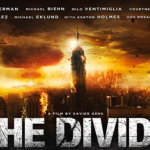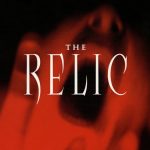Certified Copy (2010)

Certified Copy is a 2010 art-house film written and directed by Abbas Kiarostami. Set in the beautiful Tuscan countryside, the film explores the complex dynamics between a British author, James Miller (William Shimell), and a French antique dealer, Elle (Juliette Binoche). What starts as a seemingly simple meeting between two strangers gradually evolves into a profound exploration of identity, relationships, and the nature of love. Through Kiarostami’s subtle direction and the compelling performances of the lead actors, the film invites viewers to question what is real and what is imagined in human connection.
The plot of Certified Copy centers on James Miller, a well-known English author who is promoting his book on the concept of originality versus copies in art. He meets Elle, a French woman who works as an antique dealer. They spend a day together touring the scenic hills of Tuscany, and their interactions take an unexpected turn as they begin to adopt roles that seem more intimate than they initially intended. As the day unfolds, their relationship shifts, with moments that suggest they are, in fact, a married couple—though neither explicitly acknowledges it. This blurring of identities creates an atmosphere of uncertainty, leaving both the characters and the audience to question the true nature of their connection.
At its core, Certified Copy is a meditation on the fluidity of identity and the concept of authenticity. Throughout the film, Kiarostami explores the idea of what it means to be “real” and “original” in both relationships and art. The film’s central theme—whether a copy of something can ever be as meaningful as the original—is reflected in the evolving dynamic between James and Elle. As they adopt roles that blur the lines between strangers and lovers, the film challenges the audience to reflect on the nature of truth, memory, and perception. Are we ever truly able to know another person, or is our understanding always filtered through our own experiences and desires?
Certified Copy also delves into the complexities of love and relationships. The evolving relationship between James and Elle is both tender and tense, as they move from playful banter to moments of emotional vulnerability. As their interaction shifts, it becomes clear that their connection is not straightforward—there are echoes of past disappointments, regrets, and unspoken desires. The film captures the way relationships can change over time, sometimes becoming more difficult to understand the longer we spend with someone. The intimacy between James and Elle seems to evolve from a simple encounter to something much deeper, leaving the viewer to wonder if they were always a couple, or if their roles were merely a projection of their unspoken emotions.
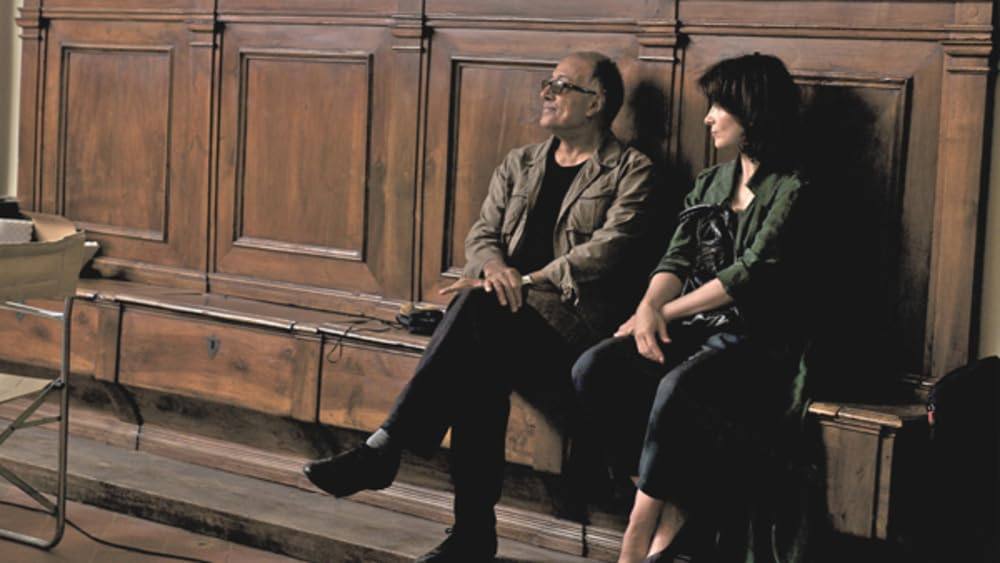
The performances in Certified Copy are key to the film’s success. Juliette Binoche’s portrayal of Elle is both subtle and emotionally complex. She brings a depth to her character, portraying Elle’s conflicting emotions with grace and authenticity. William Shimell, in his film debut, plays James with a calm, intellectual demeanor that contrasts with Elle’s more impulsive nature. The chemistry between the two actors is palpable, and their interactions are filled with tension and nuance. This dynamic drives the film’s exploration of human connection, as the characters’ shifting relationship reveals layers of vulnerability and longing. Together, Binoche and Shimell create a compelling portrayal of a relationship that is both mysterious and emotionally resonant.
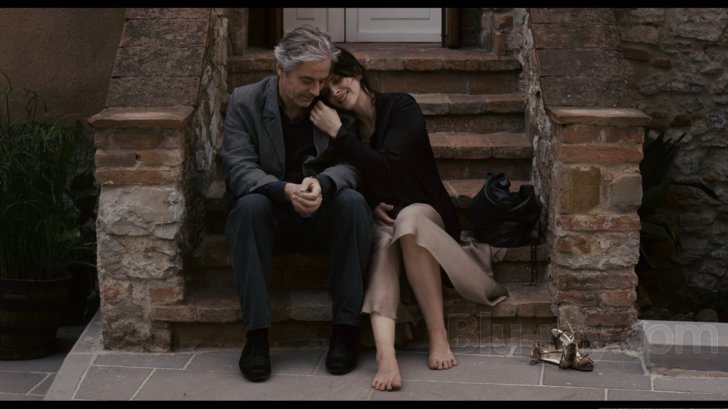
Abbas Kiarostami’s direction in Certified Copy is marked by its restraint and focus on subtlety. The film unfolds in long, unhurried takes, allowing the actors’ performances and the dialogue to take center stage. The use of Tuscany’s beautiful landscape as the backdrop adds a sense of tranquility and timelessness to the film. Kiarostami’s careful framing and his decision to leave many aspects of the story ambiguous reflect his signature style of storytelling, where much is left open to interpretation. The dialogue is intelligent and reflective, with Kiarostami’s script inviting the audience to engage with the characters’ philosophical musings on art, identity, and relationships. This cinematic approach encourages viewers to think critically about the nature of connection and the search for authenticity in an increasingly mediated world.
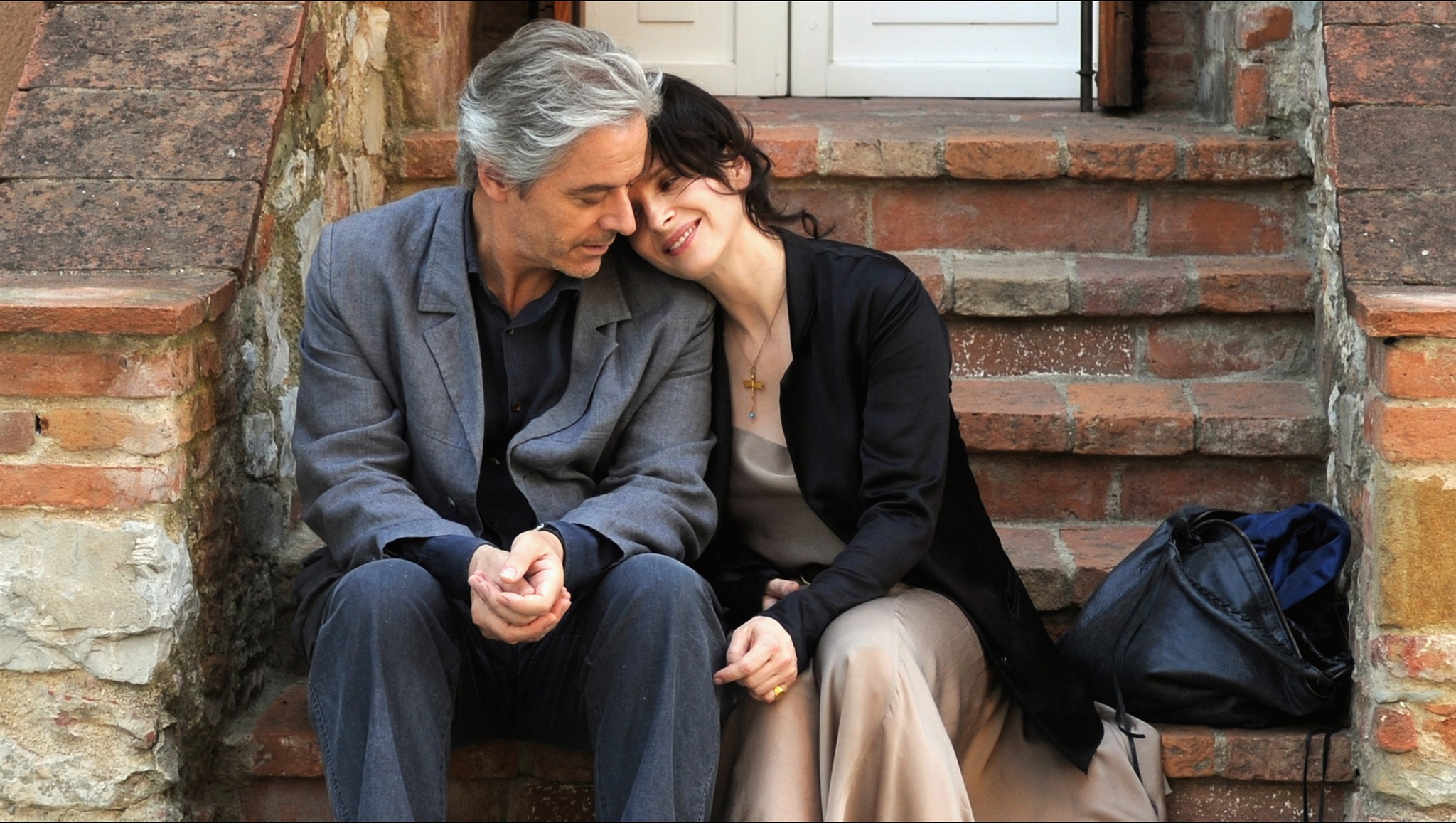
Upon its release, Certified Copy received widespread acclaim for its thought-provoking narrative and strong performances. Juliette Binoche won the Best Actress award at the 2010 Cannes Film Festival for her performance, and the film was praised for its intellectual depth and emotional resonance. While some critics found the film’s ambiguous nature challenging, others appreciated its exploration of complex themes and the way it blurred the lines between fiction and reality. Certified Copy has since become a modern classic in the art-house genre, admired for its philosophical undertones and its ability to provoke deep reflection on human relationships. Kiarostami’s ability to create a compelling, layered narrative with minimalistic style has cemented the film’s place as a masterpiece of contemporary cinema.
Certified Copy is a beautifully crafted, intellectually engaging film that explores the nuances of identity, relationships, and the search for authenticity. Through its captivating performances, especially from Juliette Binoche and William Shimell, and its subtle, thoughtful direction by Abbas Kiarostami, the film offers a profound meditation on the complexities of human connection. The film invites viewers to question the nature of love, memory, and truth, leaving a lasting impression with its open-ended storytelling and its ability to provoke introspection. Certified Copy is a poignant reminder that sometimes the most meaningful connections are the ones that defy easy explanation.





